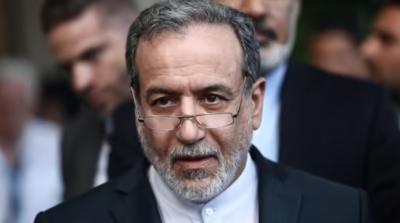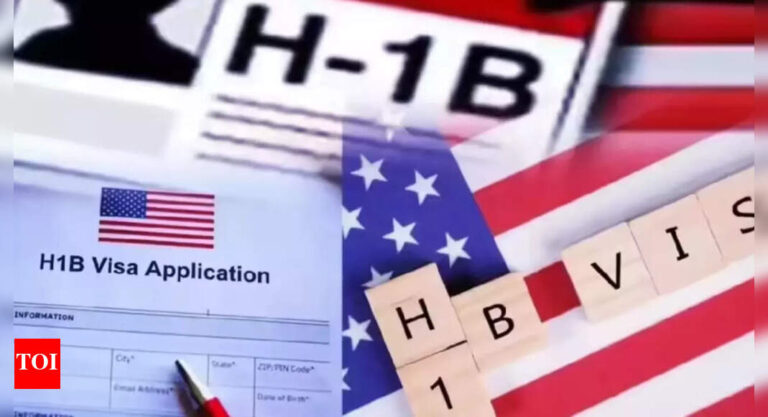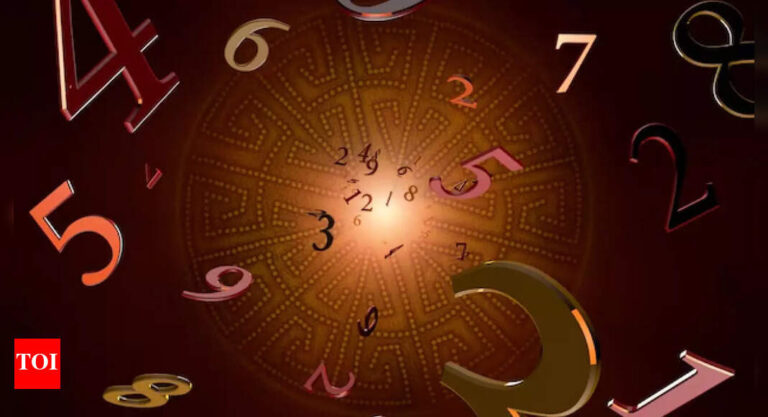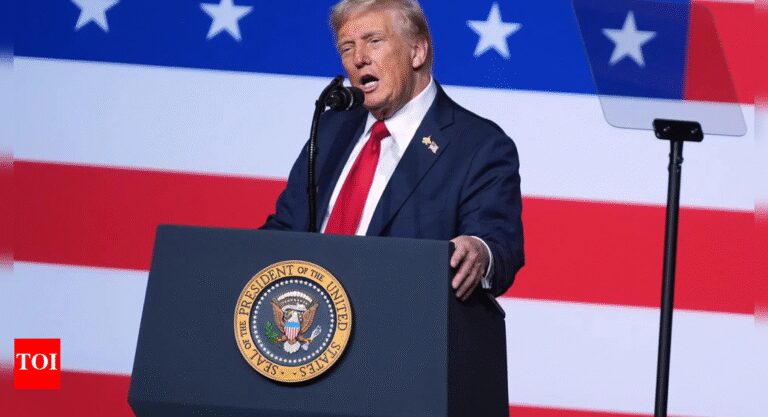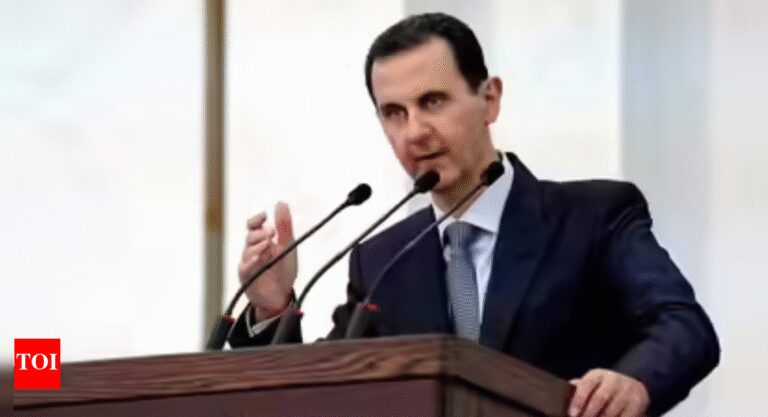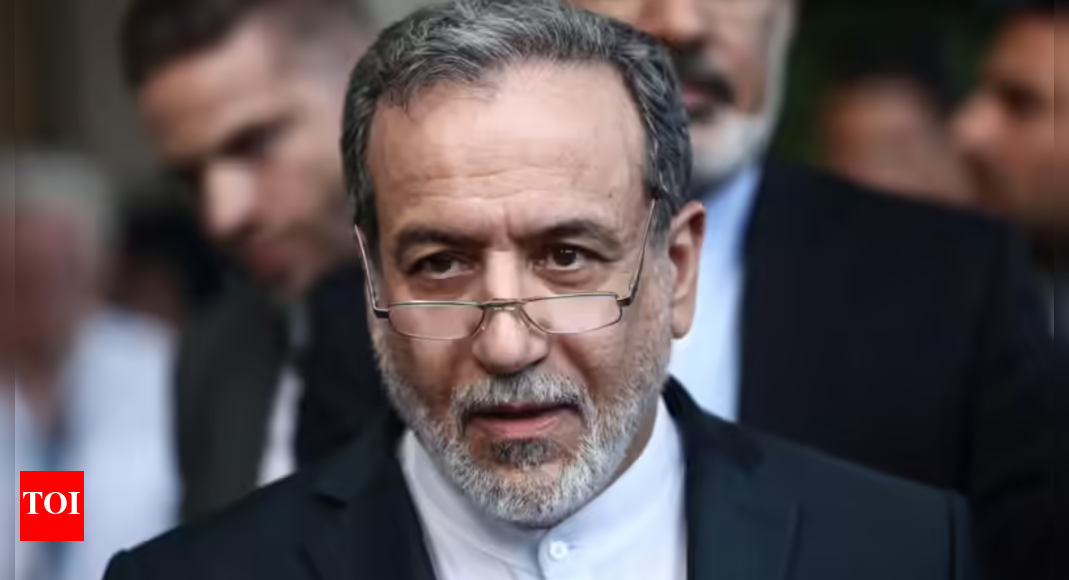
Iran announced on Sunday that its cooperation with the United Nations’ nuclear watchdog is no longer relevant after international sanctions were reimposed on the country. Foreign minister Abbas Araghchi said the Cairo Agreement, a deal signed in September with the International Atomic Energy Agency (IAEA), cannot continue under current conditions. He said that the reactivation of the “snapback” sanctions mechanism and recent military tensions had completely changed the situation.“The Cairo agreement is no longer relevant for our cooperation with the IAEA (International Atomic Energy Agency),” he said. Araghchi criticised Western nations for making “unreasonable demands” and relying on threats rather than fair diplomacy. He said such pressure tactics, including talk of military action and the use of sanctions, had failed to yield results and only made negotiations more difficult. He added that Iran had maintained transparency in its talks, including indirect discussions with the United States, but accused the West of ignoring Iran’s proposals. “Had they been taken seriously and the window for diplomacy not been restricted, reaching a negotiated and diplomatic solution would not have been out of reach,” he said. Araghchi stressed that while Iran remains open to dialogue, the form and participants of future talks will change, with European countries playing a reduced role. He also said the decision to end the existing IAEA cooperation framework was driven by “security threats and attacks on nuclear facilities.” Reaffirming that Iran’s nuclear programme remains peaceful, Araghchi said the country has “exhausted all diplomatic avenues” and remains willing to pursue confidence-building measures, but only if other parties act in good faith.“To prove the peaceful nature of its nuclear program and its goodwill, the Islamic Republic of Iran has exhausted all diplomatic avenues, pursued consultations and cooperation, and presented constructive and balanced proposals. There is now no excuse left for Western countries to prevent Iran from cooperation or dialogue. Iran’s positions are fully legitimate and reasonable, and it is ready to pursue any solution that leads to confidence-building,” he siad.What are ‘snapback sanctions’A wide range of UN sanctions on Iran’s nuclear program, previously lifted under the 2015 nuclear deal, were reimposed last week after Britain, France, and Germany triggered the agreement’s “snapback” mechanism, accusing Tehran of failing to meet its commitments.The restored sanctions place sweeping restrictions on Iran’s economy. They target companies, individuals, and organizations linked to nuclear or missile development, prohibiting the supply of equipment, expertise, or financial support.What is the Cairo AgreementThe agreement, reached in September between IAEA chief Rafael Grossi and Iranian foreign minister Abbas Araghchi during a meeting in Cairo, was meant to allow the full resumption of inspections of Iran’s nuclear facilities that were halted after military strikes on Iran’s nuclear sites in June.Following the US and Israeli attacks, Iran’s parliament passed a law halting cooperation with the IAEA and requiring that any future inspections be cleared by the Supreme National Security Council.Recent Iran-Israel conflictThe twelve-day War between Israel and Iran broke out on June 13, when Israel launched large-scale strikes on Iran’s nuclear facilities, military bases, and government infrastructure. The surprise attacks killed several senior Iranian military officials and nuclear scientists, and heavily damaged uranium enrichment sites. Iran responded by firing ballistic missiles and suicide drones at Israel, hitting both military and civilian areas. The United States entered the conflict on June 21 with airstrikes on key Iranian nuclear sites. A US-brokered ceasefire brought the fighting to an end on June 24.

